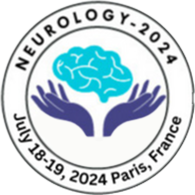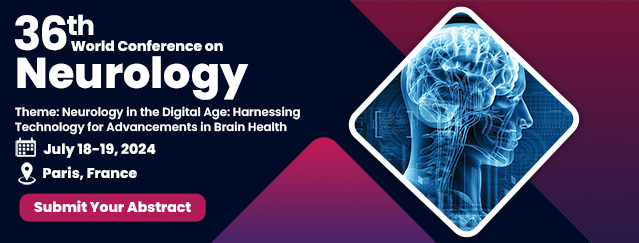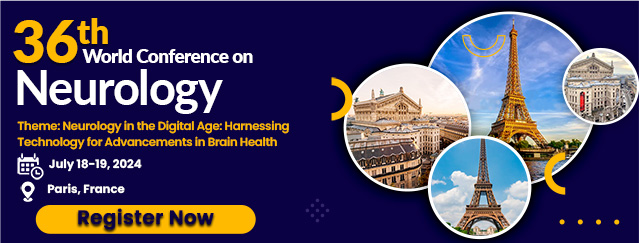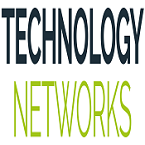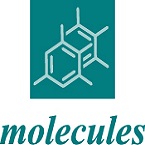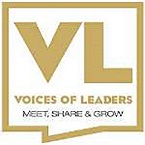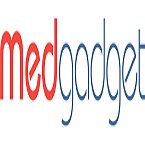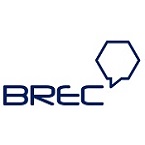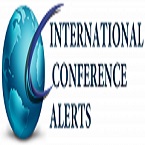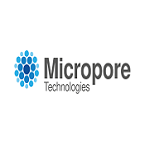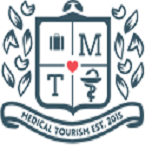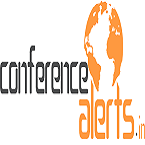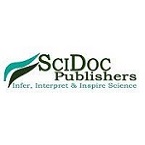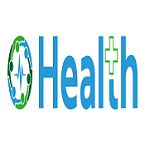Renowned Speakers
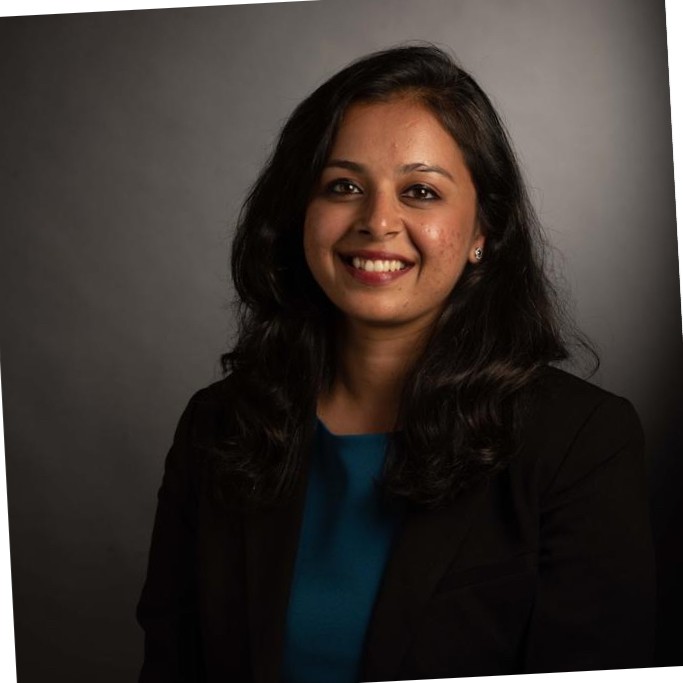
Assist Prof Dr. Rupa Kalahasthi
Rochester Institute of Technology USA

Cassie Chan
UT Health San Antonio USA
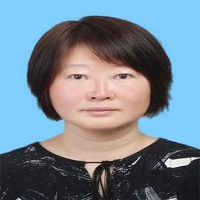
Xiaoxia Yin
Guangzhou University China
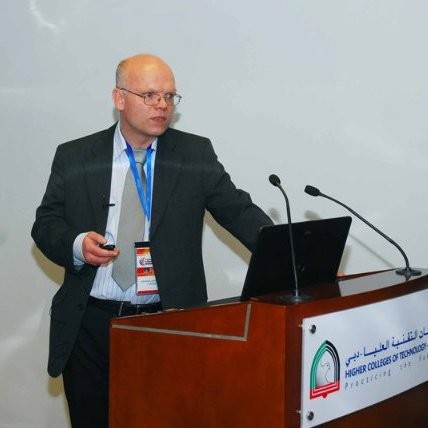
Martin Werner
Euro Akademie Pößneck Germany
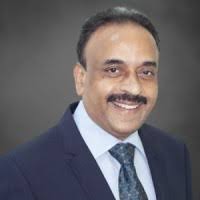
Avanthvadi Venkatesan Srinivasan
Dr. M.G.R. Medical University India
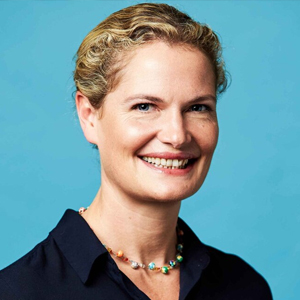
Sophie Bostock
University College London (UCL) UK
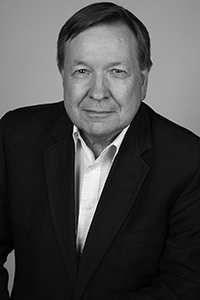
Trevor W. Robbins
University of Cambridge, Jesus College, University of Cambridge UK
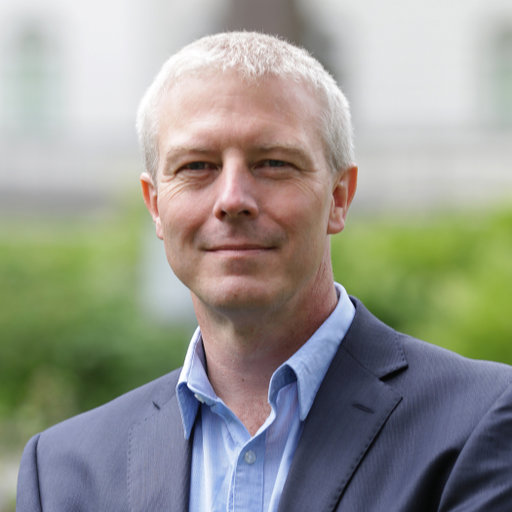
Dr. Ulrich Wesemann
Royal Bahrain hospital Germany
Recommended Global Neuroscience Webinars & Conferences
Europe & UK
Asia Pacific & Middle East
Canada
Neurology-2024
About Conference
Greetings from the prestigious "36th World Conference on Neurology", scheduled for July 18–19, 2024, in Paris, France. Neurology-2024 offers a new venue for debating all developments in the field of neurology.Know the Unknown Advanced Solutions on Neurology will be the main topic of conversation during the conference.
We feel immensely honored to invite you all, together with well-known figures, to our private Neurology Conferences. Our tight collaboration with innovative Neurology Conference Solutions indicates that the Diagnostic and Therapeutic Conference had an outstanding year. We are committed to provide the public state-of-the-art treatments for neurological illnesses.
Along with education and science, the Neurology Conference 2024 offers wonderful opportunities for connection and communication. After more than two years of epidemic restrictions, we will be allowed to observe and learn from one another!
The Neurology-2024 visits six different regions of the globe, each with its own healthcare infrastructure, cultural norms, neurological challenges, and requirements. This congress will act as a crucial forum for the dissemination of clinical expertise, individualized career routes, and scientific research, as well as for the mentoring and upbringing of the future generation.
This two-day educational program disseminates knowledge via a mix of presentations, case-based discussions, and in-depth Q&A sessions. This symposium will bring together leading experts in various fields to discuss the impact of new knowledge and cutting-edge medications on the treatment of neurologic disorders in a highly beneficial and fascinating way.
Return to us! Join forces and make a commitment to enhance our understanding of people's decisions, actions, and mental processes through Neurology Meetings.
Sessions/ Tracks
- Track 1: Neurology Neuroscience
- Track 2: Neurological Case Reports
- Track 3: Neuropsychiatry Neuropsychology
- Track 4: Clinical Neurology
- Track 5: Neurogenesis
- Track 6: Neurology COVID-19
- Track 7: Cognitive Neuroscience
- Track 8: Neural Circuits Neural feedback
- Track 9: Cryptogenic Stroke Antiplatelet Therapy
- Track 10: Brain Stroke
- Track 11: Paediatric Neurology
- Track 12: Nursing Education Research
- Track 13: Neuro-pharmaceutics Neurophysiology
- Track 14: Neuromuscular Disorders
- Track 15: Neurochemistry
- Track 16: Neuroimmunology
- Track 17: MOG antibody disease (MOGAD)
- Track 18: Neuro-Oncology Tumours
- Track 19: Neuropathology Neuroradiology
- Track 20: NeuroInfections
- Track 21: Bioimaging Techniques Biomarkers, Biosimilars
- Track 22: Tele-Psychiatry
- Track 23: Neurophthalmology
- Track 24: Genomics Molecular Neurology
- Track 25: Dementia Alzheimer’s disease
- Track 26: Neurodegenerative diseases
- Track 27: Mental Illness Neurological Disorders
- Track 28: Bipolar disorder Schizophrenia
- Track 29: Eating Disorders
- Track 30: Addiction
- Track 31: Neurogenetic Neurometabolic Disorders
- Track 32: Woman’s Mental Health
- Track 33: Advanced Therapeutics for Mental Health Disorders
- Track 34: Impact of Mental Illness on Society
- Track 35: Post-Traumatic Stress Disorder
- Track 36: Neurologists, Neurosurgeons Neuroscientist
- Track 37: Neuroplasticity
- Track 38: Spine Surgery & Disorders
- Track 39: Computational Neuroscience
- Track 40: Stroke Rehabilitation Brain Haemorrhage
- Track 41: Anxiety Depression
- Track 42: Neuropharmacology
- Track 43: Food Nutrition and Health
- Track 44: Brain Cancer
- Track 45: Head and Neck Cancer
YRF (Young Research Forum)
- We offer the greatest platforms for oral presentations of your research at our conferences.
- Discuss the concepts with mentors as well as renowned scholars.
- Certificates and mementos for the winners of the Young Scientist Award's restructuring
- This forum will provide pertinent and current information to young scientists.
- Forum for young researchers to collaborate for improved development
- The Award should encourage participants to work hard to reach their maximum potential, which might benefit the industry as a whole.
To register, please follow the link: Registration Page
Note: Select "Neurology-2024," July 18–19, 2024, Paris, France, or send us a direct email or use the WhatsApp number +44–7362049945.
Prestigious Award for Young Research’s at Neurology-2024– “Know the Unknown Advanced Solutions on Neurology”
Neurology-2023 Young Scientist Awards:
Brilliant young scientists, researchers, investigators, post-graduate students, post-doctoral fellows, trainees, and junior professors will be honored with prestigious awards with the help of the Neurology-2024 Committee in recognition of their excellent contributions to the conference's subject. The Young Scientist Awards strive to offer early career academicians with a strong professional development opportunity by bringing professionals together to exchange and share their skills on all areas of neurology..
Awards for Young Researchers in Neurology Congress 2024 for the Nomination: Only 25 presentations are permitted at the Neurology-2024 Young Researcher Forum for Outstanding Masters, Ph.D., and Post Doctorate Thesis Work Presentations.
Global Association and Societies
- World Federation of Neurology (WFN)
- American Academy of Neurology (AAN)
- European Academy of Neurology (EAN)
- American Neurological Association (ANA)
- European Federation of Neurological Societies (EFNS)
- World Federation of Neurosurgical Societies (WFNS)
- International Headache Society (IHS)
- Child Neurology Society (CNS)
- Neurocritical Care Society (NCS)
Market Analysis
The Neurology Meeting 2024 is among the top upcoming international conferences in the field of neurology. This presents a fantastic opportunity for academic and professional experts to broaden their networks internationally and enhance their research.
From 2019 to 2024, the global neurology market is anticipated to grow at a CAGR of 3.5%, rising from USD 33.3 billion to USD 39.4 billion. Analysts estimate that between 2020 and 2028, it will grow at a CAGR of 12.9%. Neurological diseases, which can range from stroke to Alzheimer's disease and from headache to epilepsy, affect a large number of people. The WHO estimates that over 6.8 million people die each year as a result of neurological diseases.
These neurological issues, which affect 50 million Americans, eventually gave rise to pricey therapy choices. Analysts predict that, at the market's current rate of growth, the neuroscience marketing device market, which will be covered in Neurology-2023, will reach USD 13.6 billion in 2019. According to the WHO, by 2020, neurological conditions would affect up to 14% of individuals. Scientists predict that by 2050, 115 million people will have neurodegenerative illnesses, up from the current estimate of 50 million. 6.8 million people globally, or almost 1 in 6 of the world's population, pass away from neurological disorders each year, according to a UN report.
It is known that more than 600 neurological conditions seriously affect a person's nerve and muscular systems. Since there are still few problems that can be cured, neurology conferences will discuss the most recent findings. Sixty million Americans have cerebrovascular disease, sixty million have epilepsy, three hundred and twenty-six million Americans have migraines, and 24 million Americans have Alzheimer's disease or another form of dementia, according to statistics from the University of California, San Francisco. In 2018the market for neurology equipment worldwide was valued USD 9.2 million. This sum is projected to rise to USD 17.4 million by 2026. Several statistics indicate that between 2021 and 2028, the European neurology market would expand at a CAGR of roughly 8.3%. The prevalence of various neurological disorders, the adoption of various healthcare technological advancements, the difficulty of treating patients with recurrent strokes, and rising spending on the construction of healthcare infrastructure, particularly in developing countries, are the main factors driving the growth of the neurology market.
European Country level analysis
It is anticipated that considerable increases will continue to be seen across Europe during the estimated time range. This is a result of both the availability of modern and cutting-edge medical technologies and the rise in neurological disorders. According to reports, London is on track to overtake other European countries as the leading nation due to the growth in government investment for the development of healthcare infrastructure.
The countries that make up the European neurology market also include the individual market-impacting components and changes in local market regulation. Production locations and quantities, consumption amounts, price trend analysis, cost of raw materials, import-export analysis, and upstream and downstream value chain analysis are a few of the crucial data points that were used to forecast the market study for the United Kingdom. Trade routes, domestic tariffs, the presence and accessibility of international brands, and the challenges they encounter as a result of fierce or light rivalry from local and domestic businesses are all taken into consideration when creating the forecast analysis for the UK.
Each country's market is given a thorough investigation. The influence of technology using lifeline curves, the installed base of different product kinds, changes in healthcare regulatory conditions, and healthcare capital equipment expenses are all variables in the expansion of the nation.
In 2019, the European market for neurological biomarkers brought in USD 1,221.15 million, and by 2027, that market is expected to bring in USD 3,062.94 million. The market is anticipated to grow at a CAGR of 12.4% during this time. The market is expected to expand due to a number of factors, including an increase in neurological diseases and ongoing research into neurological biomarkers. However, it is projected that issues with using neurological biomarkers may limit market growth.
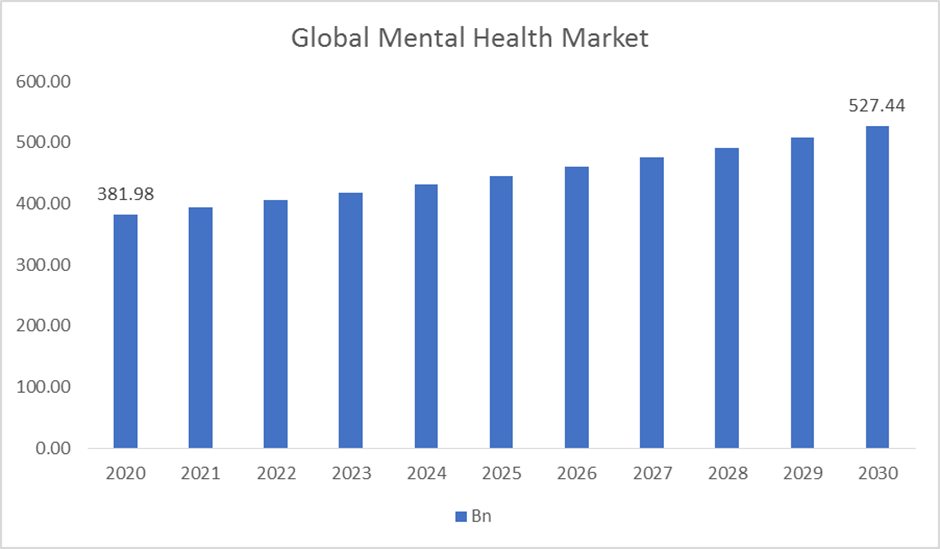
A long-lasting trend is projected to be patients' preference for customized/precision treatments, while industry participants expect that increased consumer knowledge of the benefits of early diagnosis would create new opportunities for them to identify novel biomarkers. The increase in these neurological conditions is predicted to fuel market growth in the following years. In 2021, the global market for neurology services was estimated to be worth USD 2,342.9 billion, and over the following ten years, it is expected to increase 1.7 times. With a 5.4% CAGR in sales revenue from 2022 to 2032, the market for neurology services is anticipated to be worth USD 4,317.8 billion by year's end.
The large investments made in neurology equipment by private enterprises, the rise in neuroscience-related R&D, and population aging are the main factors driving the market's expansion. Another factor driving the expansion of the neurology device market in the UK is the increasing prevalence of neurological conditions like multiple sclerosis, Parkinson's disease, stroke, peripheral neuropathy, post-herpetic neuralgia, brain aneurysms, brain tumors, epilepsy, memory impairment, and spinal cord tumors. As a result of rising healthcare spending, increased investment by medical device manufacturers, and an increase in the prevalence of neurological illnesses, it isprojected that the UK's overall neurology business will grow.
Past Conference Report
We appreciate the motivational remarks delivered by the Moderators, Speakers, Keynote Speakers, Organizing Committee Members, Attendees, and Guests for making the "35th World Conference on Neurology" a successful and unforgettable occasion.
With the theme " Know the Unknown Advanced Solutions on Neurology," Conference Series successfully held its 35th World Conference on Neurology on September 08-09, 2023. The event was a great success, and eminent keynote speakers from numerous reputable companies and Universities made their resplendent presences and addressed the crowd.
Neurology-2023 included several seminars, keynote addresses, and panel discussions. This Conference is one of the most interesting and fruitful events from Conference Series in 2023 thanks to the active participation and generous replies from organising committee members, scientists, young and sensible researchers, corporate delegations, and academic communities.
A number of scientific sessions and plenary talks were used to conduct the event's business. Conference Series would like to extend its heartfelt gratitude to all of the honourable visitors and keynote speakers. We want to express our sincere appreciation to all of the distinguished attendees and keynote speakers at Neurology-2023.
Conference Series has recognised the organising committee, keynote speakers, plenary speakers, chairs and co-chairs, young researchers, and other guests whose contributions helped make the conference a huge success. The organisers of Neurology-2023 congratulate the honorees on their outstanding accomplishments, thank all of the speakers for their time and work, and wish them well in their future endeavours.
Save your dates for the most awaited event of 2024
After the successful conclusion of the Neurology Conference 2023 Conference, we are glad to welcome you to the "36th World Conference on Neurology." On July 18-19, 2024, the convention is slated to take place in the lovely city of Paris, France. You will gain tremendous research ideas and an exceptional research experience from this Neurology-2024 conference.
The goal of the Neurology Conference 2024 Conference is to establish transplant research to educate people about current advancements in treatment methods in the sector.
The topic of Neurology Conference 2024 is "Neurology in the Digital Age: Harnessing Technology for Advancements in Brain Health" which will support the demand for cooperation and teamwork among people with various professional backgrounds. At the Congress, there are categories for presentations such Speaker, Delegate, YRF, and Student Poster. In order to encourage students and recent graduates to submit their unique research at the conference and have it afterwards published in the Conference Series Journals, we hold contests for Student Poster. All approved abstracts will be displayed at the conference's poster sessions. All students who are unable to physically attend the conference are given the chance to present an E-Poster via Conference Series. However, their abstract will be posted online with a DOI number. Live streaming is a value-added service provided by Conference Series to speakers.
The neurology conference was distinguished by the presence of young and intelligent researchers, business representatives, and talented student communities from more developed nations, who have guided this event toward success. This neurology conference included research on neurological disorders from various eras.
It serves as a global venue for business meetings, poster presentations, seminars, symposia, networking, and other events. It will provide a platform where you may showcase items and services to assure massive exposure and networking. Take advantage of the opportunity and present your original concepts, cutting-edge technology, and recent research.
Being experts in the field of neurology, we hope that this platform will provide information and new updates by incorporating a variety of interactive sessions to promote the exchange of creative ideas regarding the field's advancements. We also hope that all of the session talks will be regarded as excellent talks that will make the attendees, exhibitors, collaborators, and other speakers feel very interested.
Some of the most important & current research trends topics includes:
Brain implants: As they get smaller, more accurate, and even wireless, brain implants will let us read and control brain activity. This holds the promise of curing diseases, but it also poses privacy and behavioural control issues.
Artificial intelligence is the replication of human intellect in devices that have been designed to behave and think like humans. This process involves gathering data and rules for utilising it, reasoning—using rules to arrive at approximations or firm conclusions—and self-correction. The medical specialty of neurology focuses on nerve system problems. An essential component of the diagnosis and treatment of neurological illnesses is a clinical examination of the nervous system. Can easily measure cognitive and motor function throughout this clinical test with reasonable accuracy and for an extended length of time. AI has been successful in leveraging our understanding of the brain to improve AI design by using AI to analyse massive datasets and decipher complex brain circuitry.
You may look at the Session/Track columns to see how AI can help people even in various non-clinical parts of neurology to advance the subject and raise awareness of it. The conference would be held, the organising committee determined. One of the fields of neuroscience that is rapidly expanding and evolving is Neurology 2024 Conference
You are more than welcome to propose your research ideas at the Neurology-2023 conference if you were unable to attend the previous meeting. You will benefit from networking more at this conference with notable neurologist.
Dr. Mark Smith
Program Manager
Email: neurologists@speakermeeting.com
To Collaborate Scientific Professionals around the World
Conference Date July 18-19, 2024
Speaker Opportunity
Useful Links
Past Conference Report
Supported By
All accepted abstracts will be published in respective Conference Series International Journals.
Abstracts will be provided with Digital Object Identifier by
